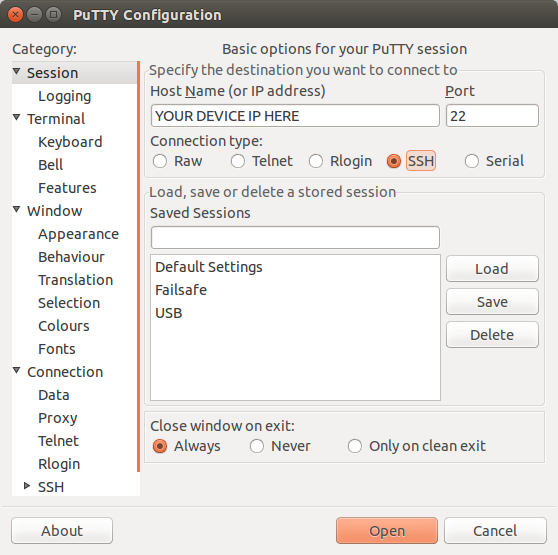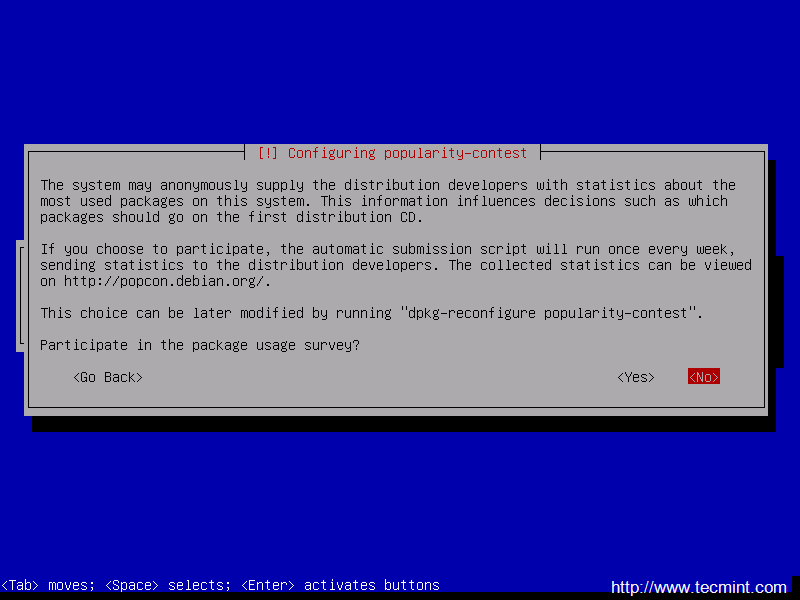Dropbear Ssh Keygen

I have the same issue: how to generate pair of keys? It seems DropBear SSH implementation is not giving ssh-keygen command: root@dns320# ssh-keygen -sh: ssh-keygen: not found and when trying to install openssh I'm getting error: Installing openssh (6.4p1) to /Alt-F. Downloading An error ocurred, return value: 1. Collected errors: Package openssh wants to install file /Alt-F/usr/bin/scp But that file is already provided by package dropbear My goal is to copy by crone-based script /tmp/sys/temp1input and /tmp/sys/fan1input files from my D-Link DNS-320 to another linux machine.
In order to use scp I need to generate public and private keys. How to do this when ssh-keygen is 'not found'?

Joao Cardoso 07.03.16 17:58. So cron job which is doing the command: scp /tmp/sys/.input root@192.168.1.106:/storage/backup/NASTempFan is just failing. I checked that /home/Rafal/.ssh/ folder is not empty when reboot is completed: idrsa, idrsa.pub, knownhosts are still there and I can do successfully above command as Rafal user.
I'm trying to gain ssh access to my router. Currently I only have telnet access and I installed dropbear and is running (using opkg on a usb drive connected to the. First off make sure that you have an SSH client on your computer. For Windows you will want to download PuTTY. To create your key we will be using ssh-keygen, or if.
I see that cron's jobs are launched as root user: Mar 8 23:17:01 dns320 crond649: crond: USER root pid 2167 cmd scp /tmp/sys/.input root@192.168.1.106:/storage/backup/NASTempFanso the question is (remember: I'm linux's noob:-)) what to do in order to launch cron's jobs as Rafal instead of root? Thanks for providing next lessons:-) Before I will continue configuration would like to ask you for the comment on log I'm posting below. Keys files will be located on memory filesystem (root's account home folder) - this is why I was asking how to copy those keys files from /home/Rafal/.ssh to root's home. But other parts of the process seems to will cause that cron job will awake HDs: scp location, swap (whatever it means) Ops, it seems to be more complex than I was thinking even that I was full of hope that I can just send two small files from one linux box to another with memory filesystem usage only (without awaking HDs) I see another 'procedure' how it can be achieved: cron's script should first detect if HDs are spinning and in case they are then send files, otherwise when they are idle just do nothing. But: this is out of my skills of linux programming, so I just abandon my idea:-(.
I am using Dropbear SSH running on Cygwin, on Windows 7, on a VMware virtual machine, on Windows 8.1. On my physical OS I have Cygwin and I am trying to get passwordless login using openssh on Cygywin. To build it I had to pass LIBS='-lcrypt -lz' to make in order to get it to pick up libcrypt and zlib. After building and installing it, I generated my client's key pair on my physical OS with ssh-keygen and copied it into /.ssh/authorizedkeys per Dropbear's manpage, and then I started Dropbear with dropbear -EF. After certifying that the Dropbear daemon on the VM started fine and showed up on the Windows Task Manager, I tried to connect to the VM and get a message saying Permission denied (publickey).

Drop Bear
I tried disabling all login options except for public key login, recompiled Dropbear, and it still won't work. Running the client with the verbose option gives me this: Huachimichu@rootrockshooter $ ssh -v -l povrch -x 192.168.91.128 OpenSSH6.5, OpenSSL 1.0.1f 6 Jan 2014 debug1: Connecting to 192.168.91.128 192.168.91.128 port 22.
Ssh Keygen Download
Debug1: Connection established. I tried using password authentication, but it didn't work, after typing the correct Windows password for my account it still wouldn't authenticate. I intend to set up SSH on my home computer because I would very much prefer to use lightweight SSH to log in and move files around, as well as straightforward SCP to transfer files from a remote computer. I usually deal with files on an NTFS-formatted external drive sometimes in the order of 300 GB, so using it on Linux would be extremely slow and as a result I believe I have to use Windows. – Mar 24 '14 at 17:23.